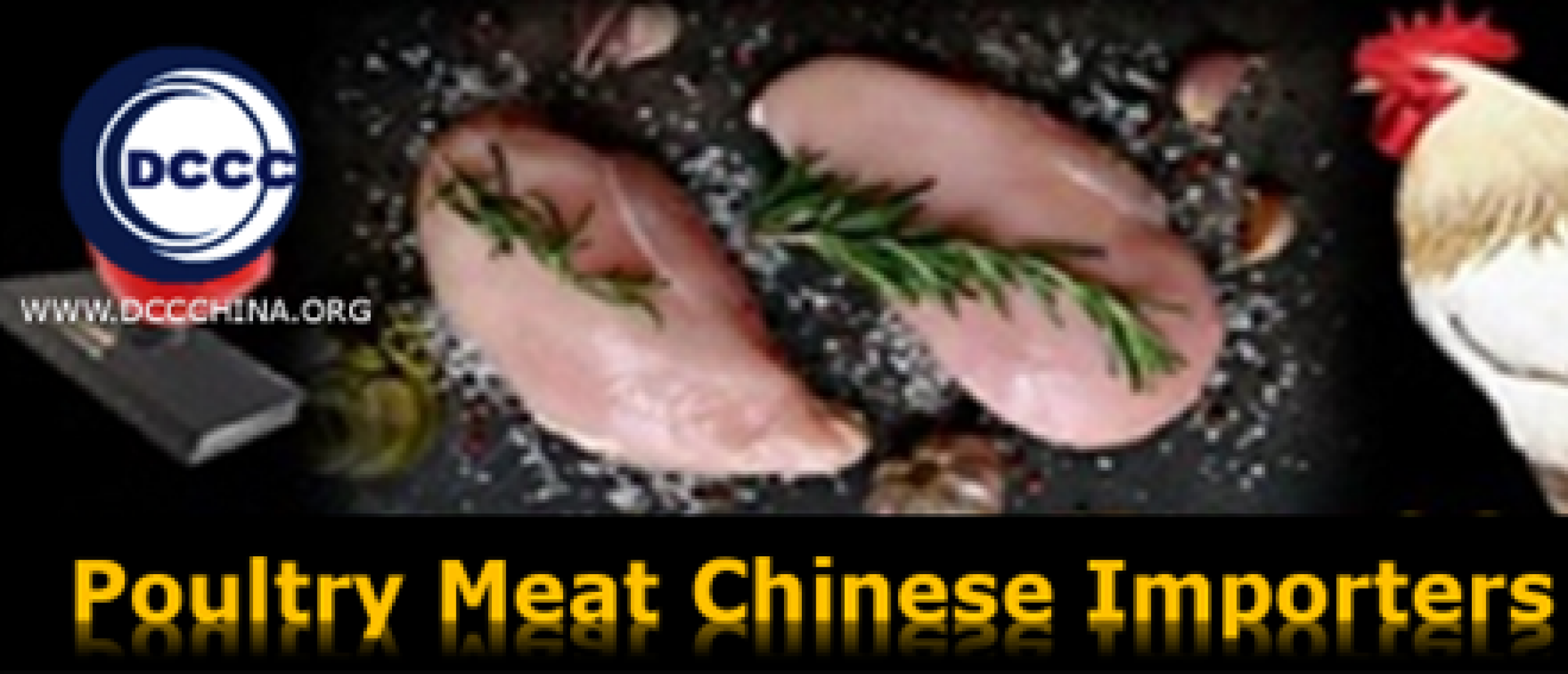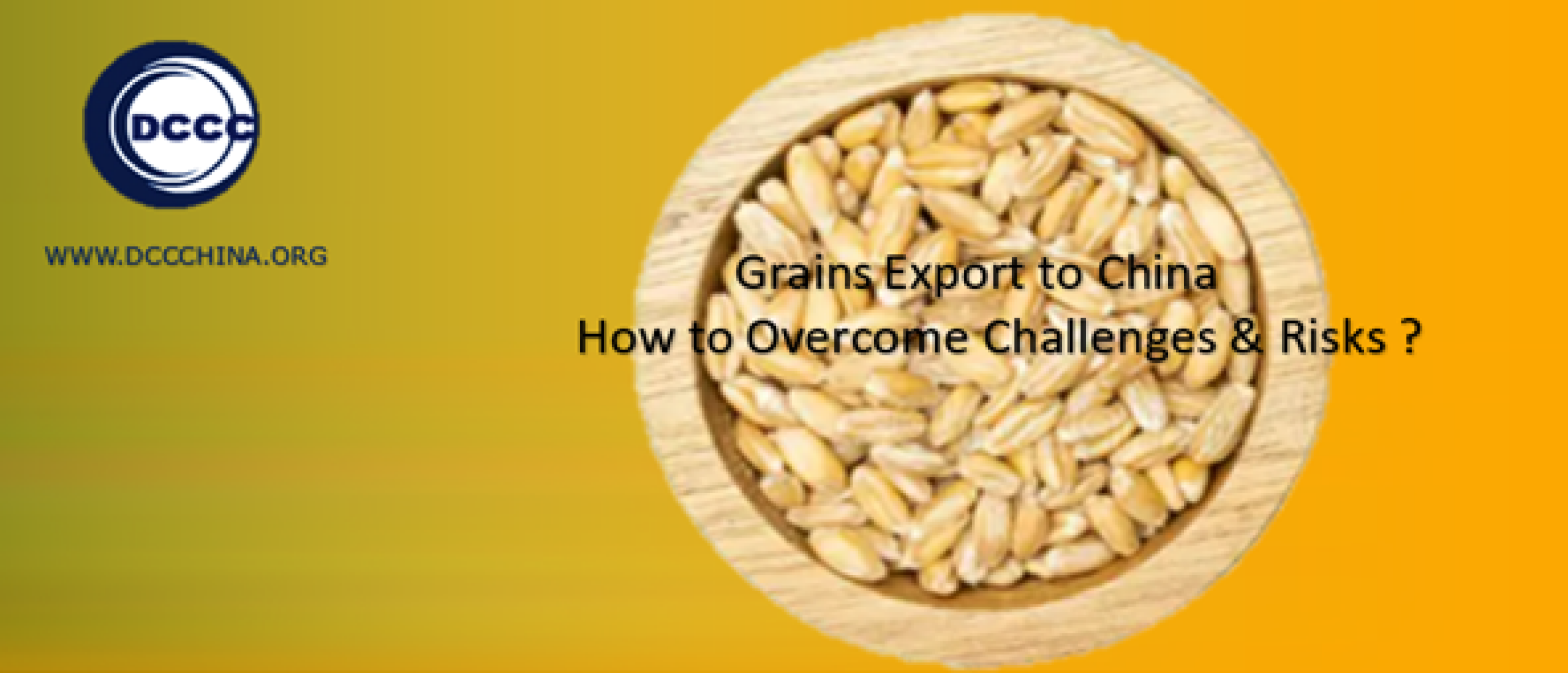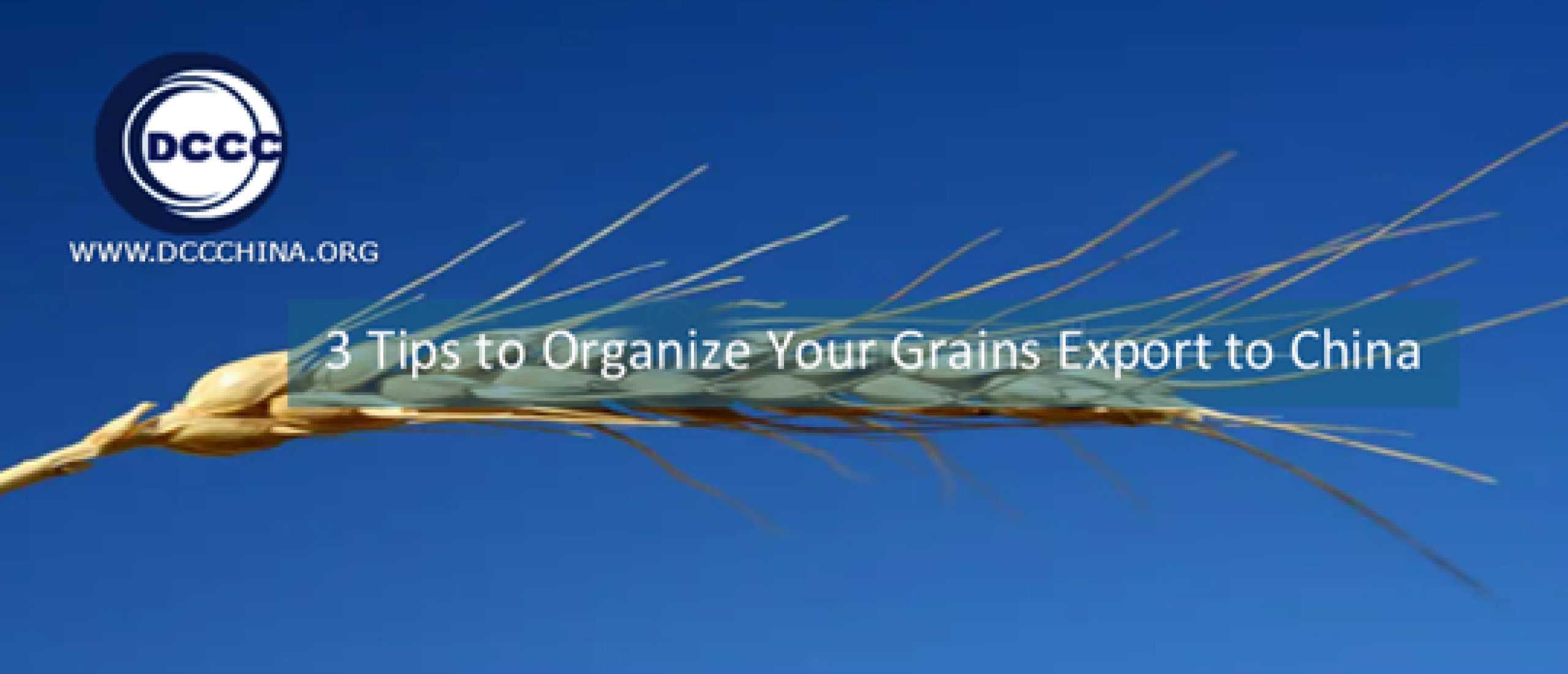
5 Tips for nuts & seeds suppliers in 2024 to stay ahead of China regulatory changes
Exporting nuts and seeds to China can be a lucrative venture for suppliers, growers, producers, and traders in the grains, pulses, and oilseeds sector, by practicing these 5 Tips for nuts & seeds suppliers in 2024 to stay ahead of China regulatory changes, with following the strategies outlined in here, suppliers and exporters can successfully navigate the complexities of the Chinese market, and capitalize on the growing demand for high-quality nuts and seeds. Here are these 5 Tips for nuts & seeds suppliers to China in 2024.
Tip No. 1 – Knowing Consumers Favorite Taste First
Tip No. 1 for nuts & seeds suppliers to China – Knowing Consumers Favorite Taste First. The most important tip is the great significance of understanding the unique preferences and consumption habits of Chinese consumers. By conducting market research and staying informed about trends in the nuts and seeds industry, exporters can tailor their products to meet the specific needs of Chinese buyers. This customer-centric approach is essential for building a loyal customer base and establishing a strong presence in the Chinese market.
In order to successfully export nuts and seeds to China, it is essential for exporters, growers, producers, and traders to have a solid understanding of the market and the regulations that govern the trade of these products. For export to China related support will provide the most significant lists of key Chinese Importers databases that can help you navigate the complexities of exporting grains, pulses, and oilseeds to China.
One of the most important tips references for exporters to consult is the China Food and Drug Administration (CFDA) 国家药品监督管理局. This Chinese official organization provides information on the regulations governing the importation of food products into China, including nuts and seeds. It is crucial for exporters to familiarize themselves with these regulations to ensure that their products meet the necessary standards and requirements.
Tip No. 2 – Networking and Partnerships Structured Well
Tip No. 2 for nuts & seeds suppliers to China – Networking and Partnerships Structured well. Another important tip is the significance of building strong relationships with Chinese importers and distributors. By establishing trust and open lines of communication with key players in the supply chain, exporters can ensure that their products reach the right market segments and are distributed effectively. Networking and building partnerships with local businesses in China can also help exporters navigate the regulatory environment and overcome logistical challenges.
For exporters looking to establish a presence in the Chinese market, participating in trade shows and exhibitions can be an effective strategy. Trade shows such as the China International Food and Agricultural Products Import Exhibition (CIIE) provide a platform for exporters to display their products, network with potential buyers, and learn more about the latest trends in the Chinese market. By attending these events, you can gain valuable exposure for your brand and make important connections that can help you grow your business in China.
In addition to these resources and tools, it is also important for exporters of nuts and seeds to China to stay informed about the latest market trends and developments. By keeping up to date on changes in consumer preferences, regulations, and competitor activities, you can adjust your strategies and stay ahead of the curve. Subscribing to industry publications, attending webinars, and networking with other industry professionals can help you stay informed and make informed decisions about your export business.
Tip No. 3 - Prioritize Certifications and Testing Procedures
Tip No. 3 for nuts & seeds suppliers to China - Prioritize Certifications and Testing Procedures. Further additional tip, in terms of action steps, exporters should prioritize quality control and food safety measures to meet the stringent requirements of the Chinese market and China commodities import regulations. Investing in certifications and testing procedures can help exporters gain the trust of Chinese consumers and distinguish their products from competitors. Additionally, exporters should consider offering value-added services such as packaging and labelling customization and branding to attract discerning Chinese buyers.
Another valuable tip reference for exporters is the China Customs information, which provides information on the customs procedures and requirements for importing goods into China. Understanding the customs regulations is essential for ensuring that your products are cleared for entry into the Chinese market in a timely manner.
Overall, the key to success in exporting nuts and seeds to China lies in a combination of market knowledge, relationship-building, and a commitment to quality. By following the strategies and action steps outlined in this book, exporters in the grains, pulses, and oilseeds industry can maximize their opportunities in the Chinese market and achieve long-term growth and profitability.
Tip No. 4 - Relying on Value-Added Authorized Resources
Tip No. 4 for nuts & seeds suppliers to China - Relying On Value-Added Authorized Resources. For exporters looking to understand the preferences and trends in the Chinese market for nuts and seeds, the China Nut and Seed Association (CNSA) information is a valuable resource. The CNSA provides information on consumer preferences, market trends, and industry news that can help exporters tailor their products to meet the demands of the Chinese market.
In addition, in helping smaller and middle-sized Grains, Pulses and Oilseeds suppliers, growers, and producers exporting their products to China, China Chamber published a series Lists of Chinese importers, for those suppliers to China, looking for reliable importer’s companies by profession in China, please go to contact, request relevant List of Chinese Importers for Nuts and Seeds, such as: specific product, Chia Seeds, Chickpeas, Dried Beans, Dried Lentils Grains, Dried Mung Beans, Fonio, Groundnuts, Healthy Snacks, Linseeds, Pigeon Peas, Quinoa Seeds, Sesame Seeds, Sesame Seed Oil, Specialty Grains with Added Value, Specialty Rice, Sunflower Seeds, Soybeans, Corn, Coffee, Coffee Beans and Teff, etc.
One valuable resource for exporters of nuts and seeds to China is the China National Seed Association (CNSA). CNSA is a non-profit organization, engaged in crop seeds scientific research, production, and operations, CNSA is a member of The Asia and Pacific Seed Association and International Seed Federation. that provides a wide range of services to help facilitate trade between China and other countries. They offer market research reports, trade data, business matchmaking services, and more. By becoming a member of CFNA, you can gain access to valuable insights and connections that can help you expand your business in the Chinese market.
Tip No. 5 - Navigate the Complexities of Exporting
Tip No. 5 for nuts & seeds suppliers to China - Navigate the Complexities of Exporting. In addition, export to China should also consider consulting with trade associations, industry experts, government agencies, and export to China chamber of commerce to gain insights into the Chinese market for nuts and seeds. Building relationships with these stakeholders can provide valuable guidance and support as you navigate the complexities of exporting to China.
Another useful tool for exporters of nuts and seeds to China is the China Customs authority. The China Customs authority provides information on import regulations, tariffs, and procedures for importing goods into China. By familiarizing yourself with the requirements and regulations set by Chinese customs, paying close attention to China import-export tariffs in 2024 new adjustments, and continuing import tax changes in coming period, you can ensure that your products meet all necessary standards and avoid any delays or complications at the border.
The Chinese market presents a terrific opportunity for those in the niche of exporting grains, pulses, and oilseeds, but it also comes with its own set of challenges. By leveraging those helpful Chinese importers databases, tips and tools that exporters, growers, producers, and traders of nuts and seeds can enhance their understanding of the Chinese market and improve their chances of success in exporting grains, pulses, and oilseeds to China. With the right knowledge and preparation, exporters can tap into the lucrative opportunities that the Chinese market offers for these products.
Recent activities on Export Nuts and Seeds to China:










